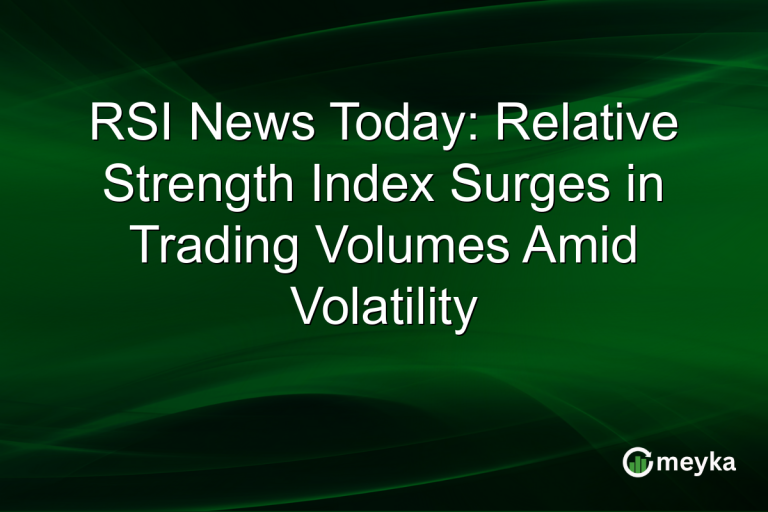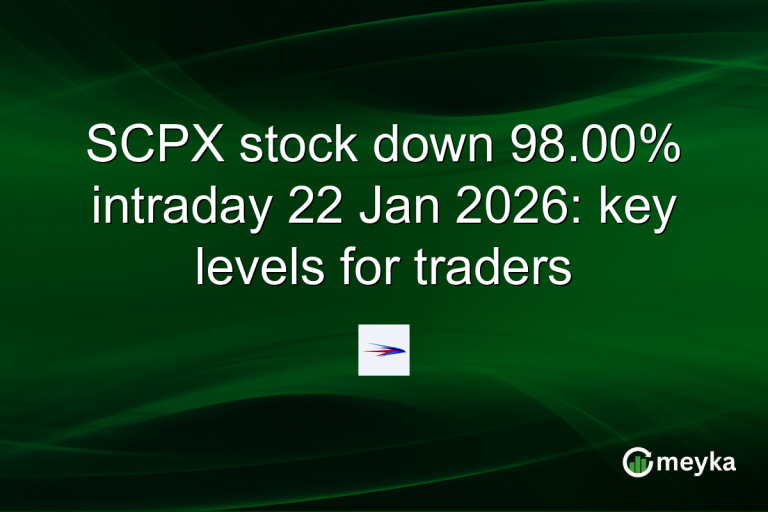U.S. Government Actions: Impact on Global Markets Today
The influence of the President of the United States (POTUS) on global markets is profound. From economic policies to diplomatic strategies, decisions made at the highest level in the U.S. reverberate across global financial markets. Recently, U.S. government decisions around fiscal stimulus and international trade have led to significant market volatility. Investors worldwide are keenly observing these actions to adjust their strategies amidst unpredictable economic changes.
Continue Reading on Meyka
This article is available in full on our main platform. Get access to complete analysis, stock insights, and more.
Read Full Article →





